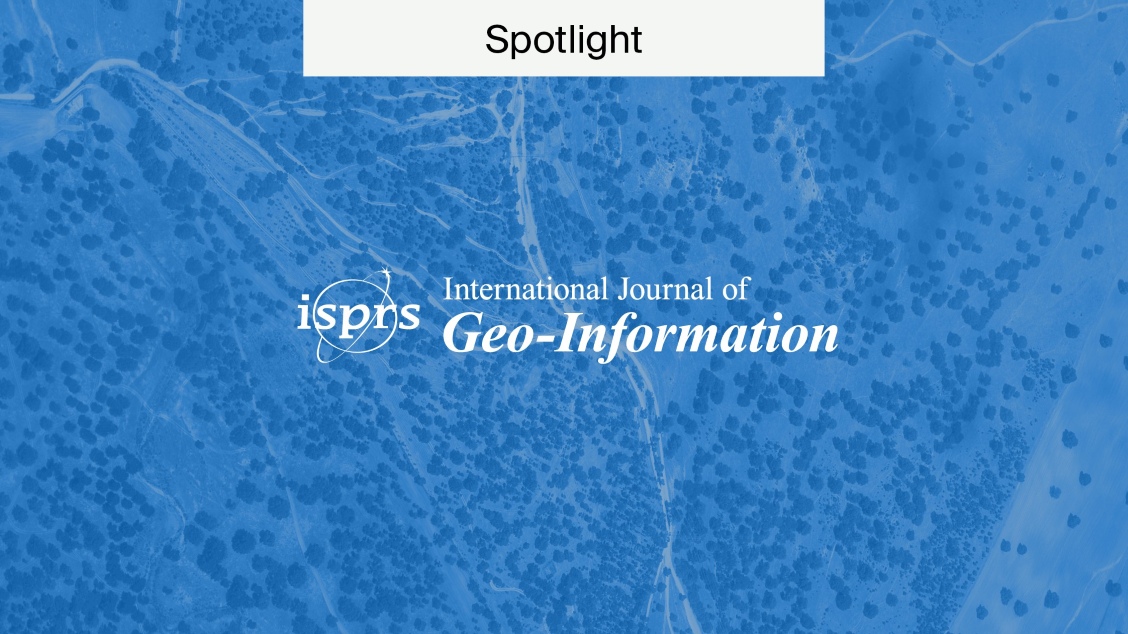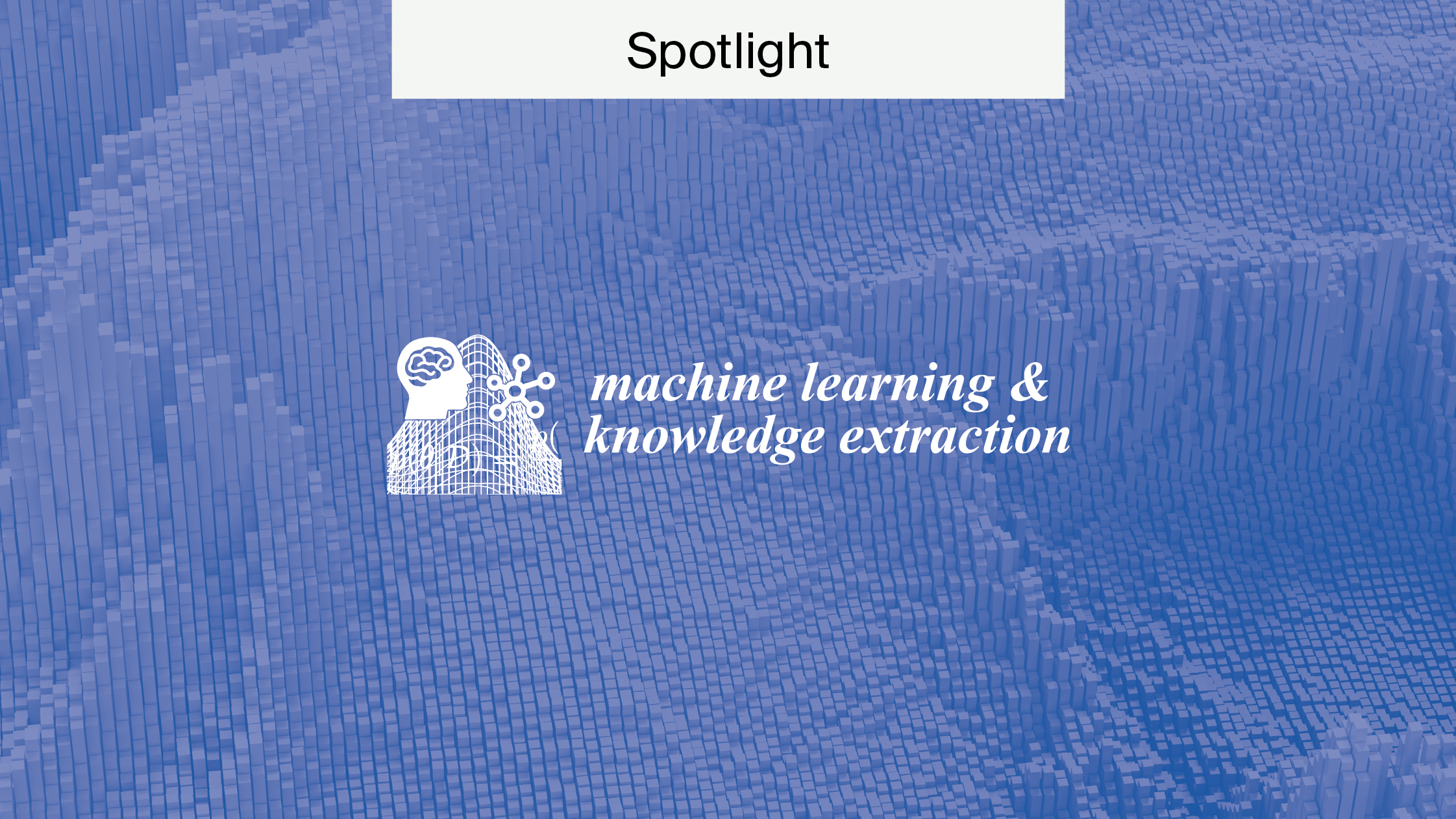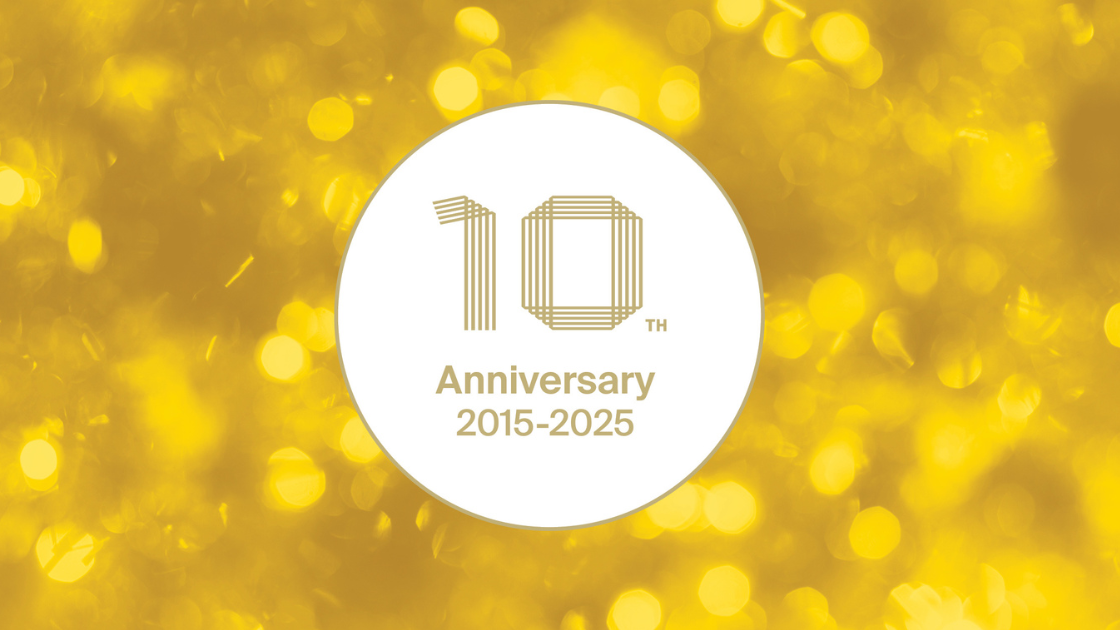
Spotlight on Universe
Today, we’re looking at MDPI’s journal Universe, which publishes research focusing on principles and new discoveries in the universe.
Let’s look at the development and aims of Universe since its first issue in 2015, the Nobel Prize winners that have contributed, and how to submit manuscripts.
A history of Universe
Universe launched its inaugural issue in 2015 and first published as a quarterly journal. In its opening year, Prof. Dr. Lorenzo Iorio was appointed as the Editor-in-Chief and remains in this position.
From 2015 to 2019, the journal was indexed in the Astrophysics Data System (ADS), the Science Citation Index Expanded (SCIE), and Scopus. In 2018, it adopted a monthly publication schedule and received its first Impact Factor (IF) of 2.165 the following year.
In the 2020s so far, Universe has continued publishing an increasing number of articles, publishing 511 in 2023 alone, and increasing its IF and CiteScore. Also, the journal has introduced various awards, including the Young Investigator Award and Best Paper Awards.
Sections and scope
Since 2020, Universe has expanded its diverse list of sections, presently including fourteen:
- Cosmology;
- Gravitation;
- Field Theory;
- High Energy Nuclear and Particle Physics;
- Foundations of Quantum Mechanics and Quantum Gravity;
- Universe Letters;
- Space Science;
- Solar System;
- Planetary Sciences;
- Galaxies and Clusters;
- Compact Objects;
- Stellar Astronomy;
- Mathematical Physics;
- Astroinformatics and Astrostatistics.
Nobel Prize winners
Universe has also published the work of Nobel Prize Winners.
Gerald ‘t Hooft was awarded the Nobel Prize in Physics 1999 “for elucidating the quantum structure of electroweak interactions in physics”. He published work which tested an unproven mathematical theory and contributed to furthering our understanding of electromagnetic interaction, one of the key forces in physics. We interviewed Prof. Iorio, the EiC of Universe, about ‘t Hooft’s contribution to the journal.
Additionally, George Smoot was awarded the Nobel Prize in Physics 2006 for his work on the Cosmic Background Explorer with John C. Mather that led to the “discovery of the black body form and anisotropy of the cosmic microwave background radiation”. This can be regarded as the staring point for cosmology as a precision science and served to further the Big Bang theory.
Also, please visit the journal’s Editor’s Choice articles to see more of the best work being published in the journal.
Moreover, Prof. Roger Penrose, Advisory Board member of Universe, received the Nobel Prize in Physics 2020. This was for his work on “the discovery that black hole formation is a robust prediction of the general theory of relativity”. Basically, he proposed critical mathematical tools to describe black holes that showed their formation representing a natural process in the universe’s development.
Universe in 2024
As of 2024, Universe has a CiteScore of 3.6 and has published over 2450 papers and over 474 papers cited 10 times or more. Prof. Dr. Lorenzo Iorio has remained the Editor-in-Chief since the journal’s inception. He studies general relativity, gravitation, and related topics in astronomy and astrophysics.
Presently, the journal’s Impact Factor is 2.9 and its 5-year Impact Factor is 2.4.
Want to learn more?
Universe is an international peer-reviewed Open Access journal focused on principles and new discoveries in the universe. For further details, see the journal’s easy-to-navigate webpage.
The journal publishes reviews, research papers, and communications. It aims to encourage scientists to publish their research results in as much detail as possible; therefore, there is no restriction on the maximum length of the manuscript.
Thinking of submitting your manuscript to Universe?
Manuscripts for Universe should be submitted online at susy.mdpi.com. The submitting author, who is generally the corresponding author, is responsible for the manuscript during the submission and peer review process.
To submit your manuscript, register and log in to the submission website. Once you have registered, click here to go to the submission form for Universe. All co-authors can see the manuscript details in the submission system if they register and log in using the e-mail address provided during manuscript submission.
Future research
Universe is dedicated to publishing cutting-edge research on a diverse range of topics related to understanding the universe. If you’re planning on submitting work in this broad area of research, the journal will have a section suitable for you.
If you’re interested in finding more information about the journal’s scope, future awards, or anything else, please visit their website.










